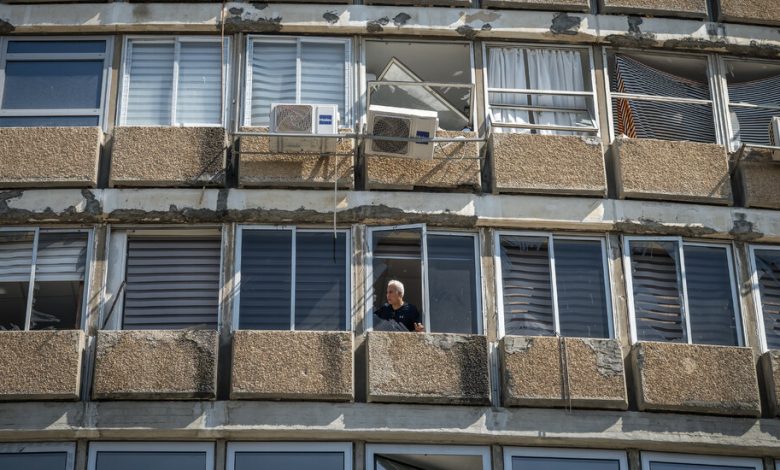Houthi Drone Strike Highlights Dilemmas for Israel

Israel faces a strategic dilemma over how best to retaliate for the drone attack on Tel Aviv claimed by Yemen’s Houthi militia, which is based thousands of miles from Israel’s southern borders.
The attack, which struck an apartment building early on Friday near the United States diplomatic compound, killing one person and wounded several others, has heightened concerns in Israel about the threat of Iran. Tehran funds and encourages militias opposed to Israel throughout the region, including Hamas in Gaza and Hezbollah in Lebanon, in addition to the Houthis in Yemen.
On a technical level, the attack highlighted the weakness of Israel’s air defense system against unmanned aircraft, which travel at slower speeds, fly at lower altitudes and emit less heat than high-velocity rockets and shells. According to military experts, those factors make it harder for drones to be tracked by radar and intercepted by surface-to-air missiles.
Yoav Gallant, the Israeli defense minister, has vowed revenge for the attack but analysts said this weekend that Israel has few obvious options against a militia that shares no common border with Israel and has appeared undeterred by earlier displays of force by Western powers.
One immediate, short-term response, some analysts said, might be a cease-fire deal between Hamas and Israel, a move that could halt attacks from Hamas’s allies, like the Houthis and Hezbollah in Lebanon. While the Houthis’ opposition to Israel long preceded the war in Gaza, the group had rarely attacked Israeli interests before it began.
A truce in Gaza could “prompt some kind of a lull for a while” in Yemen and Lebanon, said Relik Shafir, a former general in the Israeli Air Force.